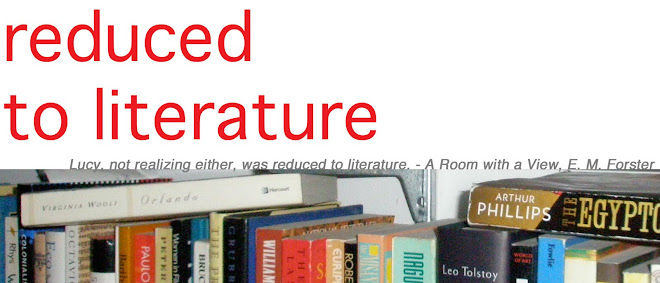Well, I’m back and thoroughly rested and relaxed. Christopher Moore was the perfect summer entertainment: just enough going on to keep the little gray cells humming, but not so much that they say “bugger this for a lark” and piss off.
Thus far, I’ve read Fool , Lamb
, Lamb , Fluke
, Fluke and A Dirty Job
and A Dirty Job all by Moore. Fluke
all by Moore. Fluke and A Dirty Job
and A Dirty Job were both Audible books, but I do not distinguish between those and print. I learned to read a long time ago and I think I’ve established the fact that I’m literate. Besides with books on tape (I still think of them that way), I can knit at the same time—a big bonus.
were both Audible books, but I do not distinguish between those and print. I learned to read a long time ago and I think I’ve established the fact that I’m literate. Besides with books on tape (I still think of them that way), I can knit at the same time—a big bonus.
Mr. RTL has also been has also been consuming the Moore books voraciously; indeed, he is the one who introduced them to the household. (I wonder if this is like inviting a vampire into your home. . .) This includes versions on his Kindle as well as hard copies and Audible. When neither of us has the patience to wait for the ending, it helps to have multiple versions of the books. The only down side is fending off Mr. RTL’s offers to reveal key plot points. I’m perfectly happy to find out what happens when it happens (most of the time). I am not one of those weird-Os who reads the ending of her mystery novels first (I’m looking at you, Mom). Moore’s adventurous plots feel like mysteries.
Moore’s books fall into two categories. He defines them, as described here on NPR’s Talk of the Nation on April 7, 2010, as big books and little books, the primary distinctions being research and thematic ambition. The books I’ve read are all in the “big book” category and have tackled themes like Love and Power (Fool), Religion (Lamb), Life (Fluke), and Death (A Dirty Job). Trifling affairs like that. The little books, the vampire series, are also highly enjoyable says Mr. RTL. I started reading Bite Me and couldn’t quite get into it. Perhaps I’ll have the opportunity to go back and start at the beginning of the trilogy. This might be more engaging. Still, I've found that I really enjoy his stand-alone books. After a break to finish a couple of A.S. Byatt books, Possession
and couldn’t quite get into it. Perhaps I’ll have the opportunity to go back and start at the beginning of the trilogy. This might be more engaging. Still, I've found that I really enjoy his stand-alone books. After a break to finish a couple of A.S. Byatt books, Possession and The Djinn in the Nightengale's Eye
and The Djinn in the Nightengale's Eye , I may go back to his first novel, Practical Demon Keeping
, I may go back to his first novel, Practical Demon Keeping .
.
Until then I plan to proselytize about the books I have enjoyed thoroughly. I’ve already turned my sister on to Fluke and A Dirty Job, and on July 24 Mr. RTL and I are going with some friends to a reading of Fool sponsored by Litquake and ATC – should be tragically fun.




